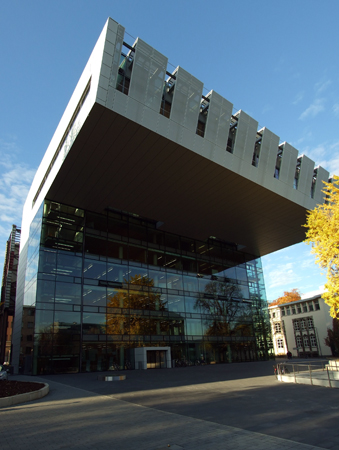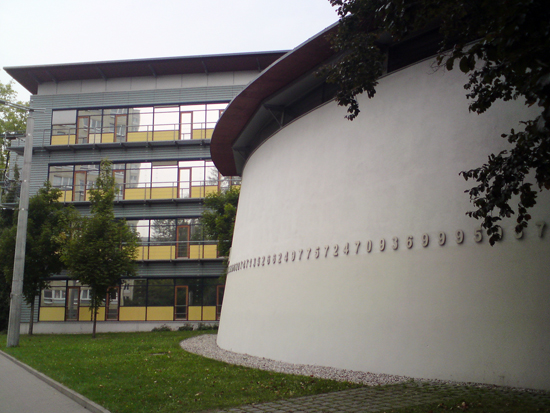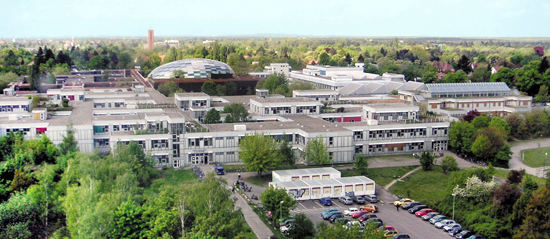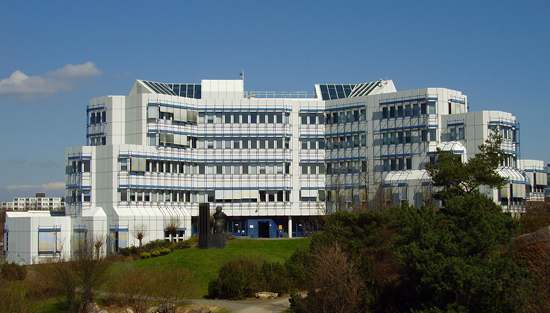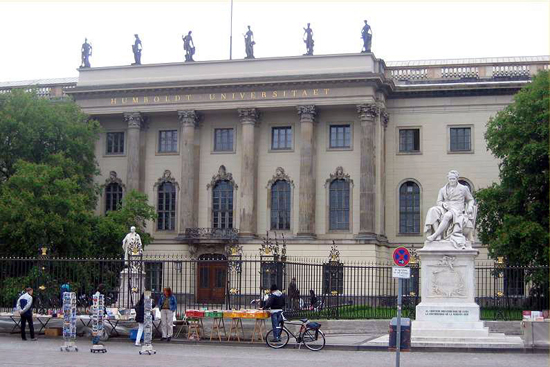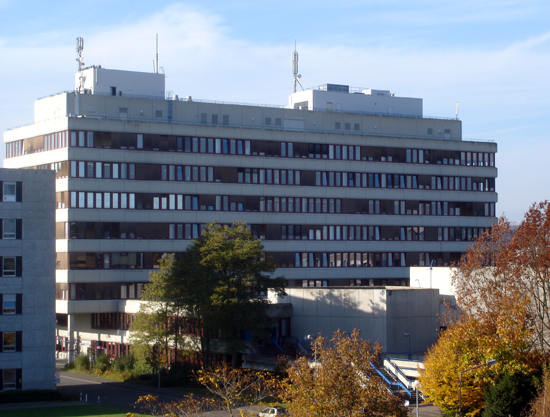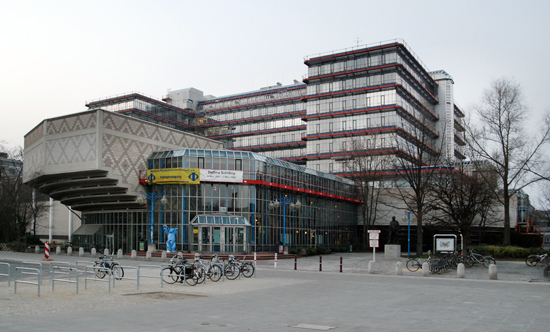Education: Higher Education
Students wishing to attend university in Germany should typically hold the Allgemeine Hochschulreife (usually referred as “Abitur”), also known as the general higher education entrance qualification. Lacking this, students must present additional proof that they will be able to keep up with their fellow students and may be required to pass an additional aptitude test.
There are over 380 recognized universities in Germany; details of eight of the most significant are given below.
| School | Location (Main Campus) |
| RWTH Aachen University | Aachen |
|---|---|
| University of Leipzig | Leipzig |
| Free University of Berlin | Berlin |
| University of Trier | Trier |
| Humboldt University of Berlin | Berlin |
| University of Cologne | Köln |
| University of Münster | Münster |
| Technical University Berlin | Berlin |
Rheinisch-Westfaelische Technische Hochschule Aachen (RWTH Aachen University)
Templergraben 55
52056 Aachen, Germany
Tel: [49] 241 80 1
Email: impressum@rwth-aachen.de
Web: www.rwth-aachen.de
RWTH Aachen is primarily a research university, which has achieved international recognition in several engineering and science disciplines. This technical institution offers 170 courses, with an emphasis on science and technology.
Universität Leipzig (University of Leipzig)
Ritterstraße 26
04109 Leipzig, Germany
Tel: [49] 341 97 32080
Web: www.zv.uni-leipzig.de
The University of Leipzig was founded in 1409, making it one of Europe's oldest universities. It was a thriving academic community until the Second World War, during which over half the university and 70 percent of its library collection were destroyed. It was not until after German reunification that the university again started to grow.
The modern university has 14 faculties covering most academic disciplines, but is particularly noted for theology, law, medicine, and arts, which were its traditional core subjects. The University of Leipzig also houses the second oldest botanical garden in Europe, an important Egyptian Museum, and a nationally renowned museum of musical instruments.
Freie Universität Berlin (Free University of Berlin)
Kaiserswerther Str. 16-18
14195 Berlin, Germany
Tel: [49] 30 838-1
Web: www.fu-berlin.de
The Freie Universität Berlin was founded in 1948 by professors and students as a response to the persecution of students critical of the system at the University of Unter den Linden, located in what was then the Soviet sector of divided Berlin. The institution prides itself on a strong research reputation in humanities, social sciences, and natural sciences. It has twelve departments and three central institutes and offers more than 150 courses. There is a choice of degrees for every academic qualification level, from bachelor’s and master’s degrees to the state examination, doctorate, and habilitation.
Universität Trier (University of Trier)
Universitätsring 15
54286 Trier, Germany
Tel: [49] 651 201-0
Email: info@uni-trier.en
Web: www.uni-trier.de
The University of Trier was first founded in 1473, operating as a center of study for medicine, law, and theology until it was closed in 1798 during the French occupation of the Rhineland. It took 172 years for a university to be established again in Trier. This initially took place in the construction of a double university with Kaiserslautern, and in 1975 both locations were separated as independent universities.
The university has six faculties including humanities, social sciences, economics, law, environmental sciences, and computer sciences.
Humboldt-Universität zu Berlin (Humboldt University of Berlin)
Unter den Linden 6
10099 Berlin, Germany
Tel: [49] 30 2093 70333
Web: www.hu-berlin.de
The Humboldt University of Berlin (HU) was founded in 1810 and is the city's oldest university. It takes its name from Wilhelm von Humboldt, the German philosopher credited with founding the university. It is often claimed by historians that HU became a model for the rest of Europe's universities, providing an all-around humanist education and introducing several new disciplines.
There are nine faculties in the modern university, among them law, life sciences, mathematics and natural sciences, philosophy, theology, and business and economics. It also hosts the largest natural history museum in Germany and a symbolic book sale at the university gates on a regular basis. The books sold are reprints of those burnt during the Third Reich deemed to be written by opponents of the regime.
Universität zu Köln (University of Cologne)
Albertus-Magnus-Platz
50931 Köln,Germany
Tel: [49] 2 21 47 00
Web: www.uni-koeln.de
The University of Cologne began teaching in 1398, but like the University of Trier, was closed in 1798 during the French occupation of this part of Germany. The institution reopened in 1919, and has subsequently grown by accumulating smaller colleges in the region. The university has become well regarded for its expertise in economics and law. Today, the university offers 355 courses ranging from a Bachelor of Science in applied midwifery to educational science, business mathematics, to languages and cultures of Africa, to name just a few.
Westfälische Wilhelms-Universität Münster (University of Münster)
Schlossplatz 2
48149 Münster, Germany
Tel: [49] 251 83-0
Web: www.uni-muenster.de
The University of Münster (WWU) is Germany's third largest university and one of the leading research institutes in the country. It has 18 different faculties, with some of the more technical, high-level courses (e.g., geoinformatics and information systems) taught in English. It also offers faculties of both Protestant and Roman Catholic theology, as well as specialist dental courses within the Faculty of Medicine.
Technische Universität Berlin (Technical University Berlin)
Strasse des 17 Juni 135
10623 Berlin, Germany
Tel: [49] 303 140
Web: www.tu-berlin.de
The Technical University Berlin (TUB) is a research-oriented technical university with a strong background in engineering and technology courses. It is a member of the Top Industrial Managers for Europe network, which provides student exchanges between leading European engineering schools.
Specialist engineering courses, such as aerospace and naval engineering, are also offered, and a number of high-profile German engineers have graduated from TUB. This includes the famous German-American rocket engineer Wernher von Braun (1912–1977), and Konrad Zuse (1910–1995), credited with writing the world's first computer program in 1941.
Copyright © 1993—2025 World Trade Press. All rights reserved.

 Germany
Germany 